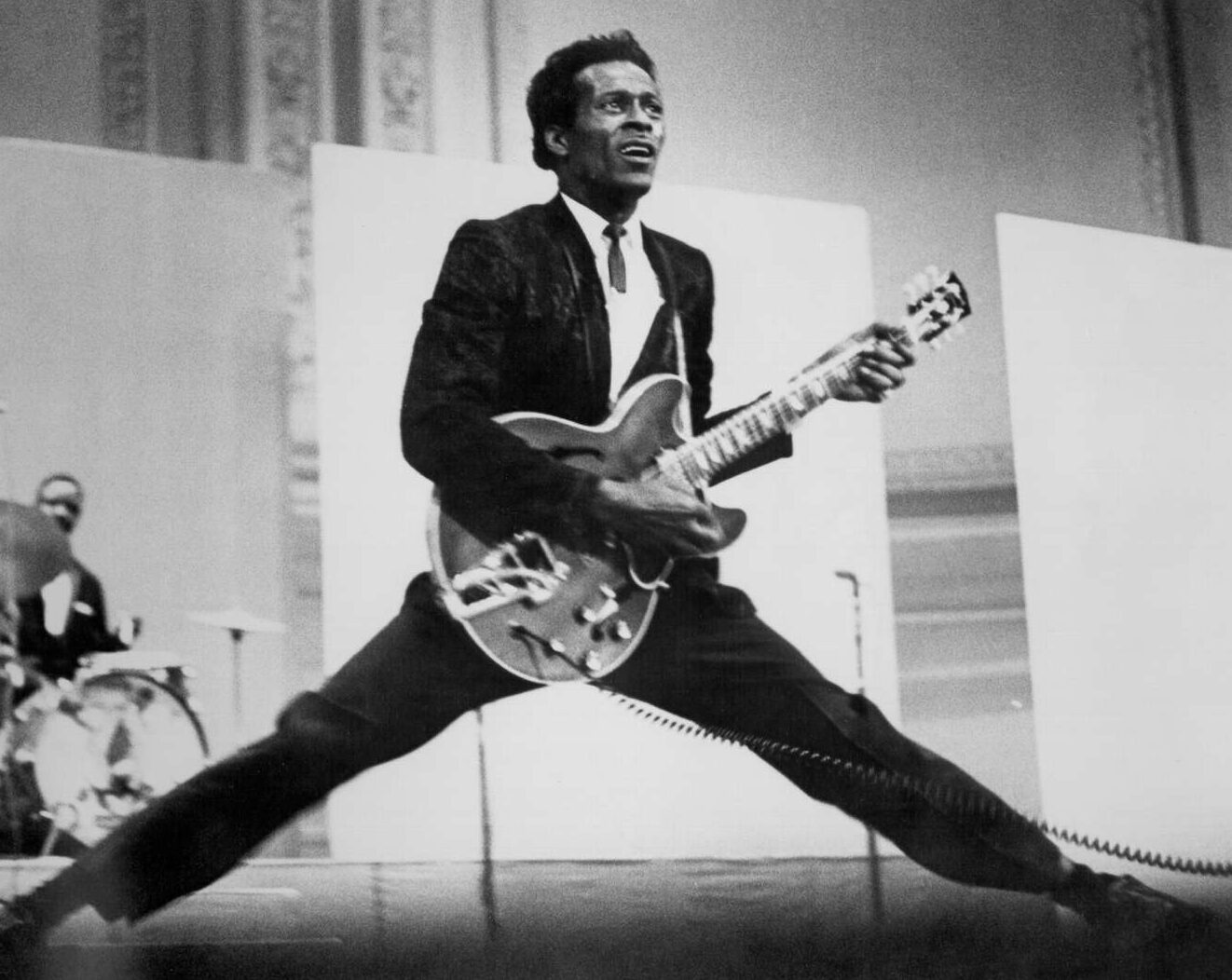History of Rock Music: From Origins to Today
The Origins (1940s-1950s)
Rock music emerged in the late 1940s and early 1950s, blending various genres such as blues, jazz, and country music. Influenced heavily by African-American music, early rock music was characterized by its use of electric guitars, a steady drumbeat, and vocal techniques from rhythm and blues. Pioneers like Chuck Berry, Elvis Presley, and Little Richard played crucial roles in popularizing the genre. Their energetic performances and rebellious lyrics resonated with the youth, marking the beginning of a cultural revolution (LiveAbout) (Musicnotes.com).
The British Invasion (1960s)
The 1960s saw the rise of British rock bands that significantly impacted American rock music. The Beatles and The Rolling Stones led the British Invasion, bringing innovative sounds and captivating lyrics that redefined rock music. This era also saw the emergence of iconic albums like The Beatles’ “Sgt. Pepper’s Lonely Hearts Club Band” and The Rolling Stones’ “Out of Our Heads” (Musicnotes.com) (Musician Wave).
Evolution and Diversification (1970s-1980s)
The 1970s witnessed the birth of subgenres such as hard rock, punk rock, and heavy metal. Bands like Led Zeppelin, Black Sabbath, and Deep Purple introduced heavier and darker tones, while punk bands like The Sex Pistols and The Ramones brought a raw, rebellious edge to the genre. The 1980s further diversified rock with the rise of new wave, glam metal, and the incorporation of electronic elements by bands like Depeche Mode and The Police (Musicnotes.com) (The Music Buffet).
Alternative and Grunge (1990s)
The 1990s marked the dominance of alternative rock and grunge, with bands like Nirvana, Pearl Jam, and Soundgarden leading the movement. This era was characterized by its introspective lyrics and a blend of punk’s raw energy with melodic elements. The grunge movement, particularly in Seattle, became a cultural phenomenon, reflecting the angst and alienation of the youth (LiveAbout) (Rock Informer).
Modern Rock and Fusion (2000s-Present)
In the 2000s, rock music continued to evolve, incorporating influences from various genres. Indie rock, garage rock revival, and post-rock gained prominence, with bands like Arctic Monkeys, The Black Keys, and Tame Impala finding success. The genre also saw the blending of traditional rock elements with modern production techniques, ensuring its relevance in the contemporary music landscape (Rock Informer) (The Music Buffet).
Rock music has undergone a dynamic and diverse evolution since its inception. From its roots in the mid-20th century to its modern-day forms, rock has continually adapted and reinvented itself, reflecting the cultural and societal changes over the decades. The genre’s rich history and enduring appeal make it a cornerstone of contemporary music.






